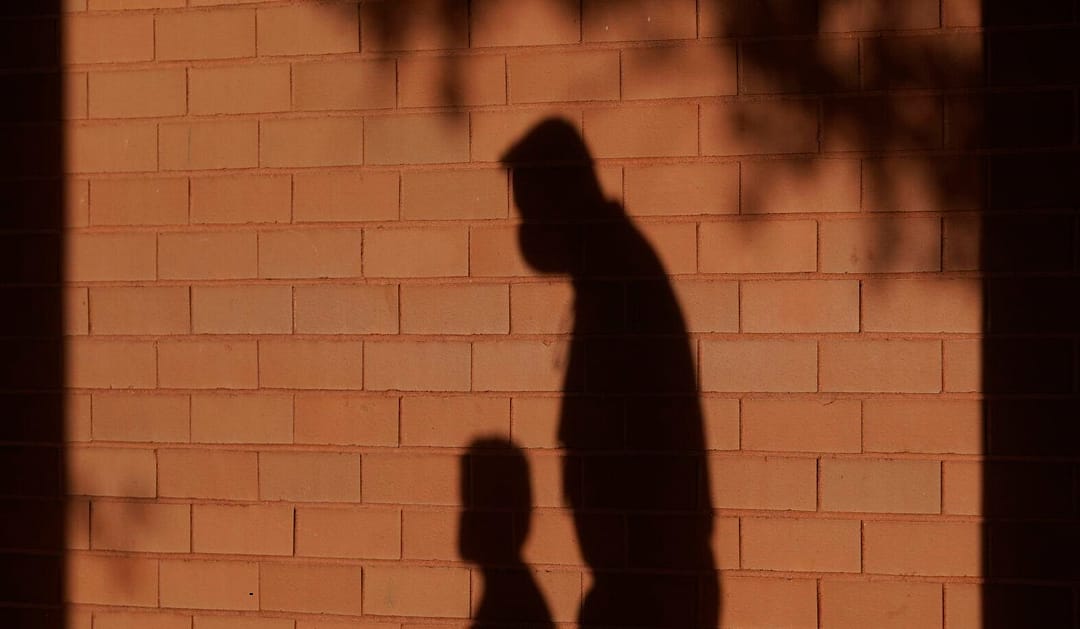How CDV Impacts Home and School Life
Kids who experience childhood domestic violence and other adversities at home often prefer school to being at home, and many join various extracurricular activities to delay the inevitable even longer.
Adrian Tucker, now an instructional assistant at an elementary school in Durham, NC, was one of those kids who experienced violence in his childhood home, against his mother and himself. He shares his concerns about the recent transition to virtual classes and how he is no longer able to maintain the tangible physical connections that exist when students are attending school in person, which can be critical for children experiencing adversities at home.
Reporting in the Triangle counties of North Carolina seems to show that with remote learning, child and welfare service agencies are losing that connection as well, making it harder to identify and protect kids from adversity. More than 10,000 kids are in North Carolina’s foster system at any given time. But foster entries and placements are now down by the 100s statewide.
How Remote Learning Masks Childhood Stressors
Normally, observing this type of decline would signal good news. But experts are concerned that COVID-19, which has brought new stresses across the board, such as financial or health hardships, is masking cases of neglect and abuse.
The reliance on educators, counselors and social workers that see kids on a regular basis to mediate some of these adversities and their negative impact cannot be overstated. Even if one of these adults helps in a non-invasive way, they are a safety net that helps move the needles with respect to awareness and prevention among children facing violence at home.
To read the full article, “ ‘A problem we can’t see’: NC child abuse reports, foster placements drop during pandemic”, please visit The Raleigh News & Record at the following link: https://greensboro.com/a-problem-we-cant-see-nc-child-abuse-reports-foster-placements-drop-during-pandemic/article_468cecea-5f22-11eb-9fde-3f06738c071e.html
The Impact an Adult Can Have by Being The One for a Child
The positive impact of a caring adult – any caring adult – has been extensively documented in childhood trauma-related research and literature in the field. To help prepare as many caring adults as possible to become THE ONE for a child experiencing CDV or another major adversity and help change their life, CDVA collaborated with the leading expert in the field globally to create a 40-minute simple, free, self-administered online program – CHANGE A LIFE – that is the only one of its kind in the world today. It can teach any caring adult how, through simple steps and messages, to become THE ONE for a child facing adversity and help put them on a different path.

